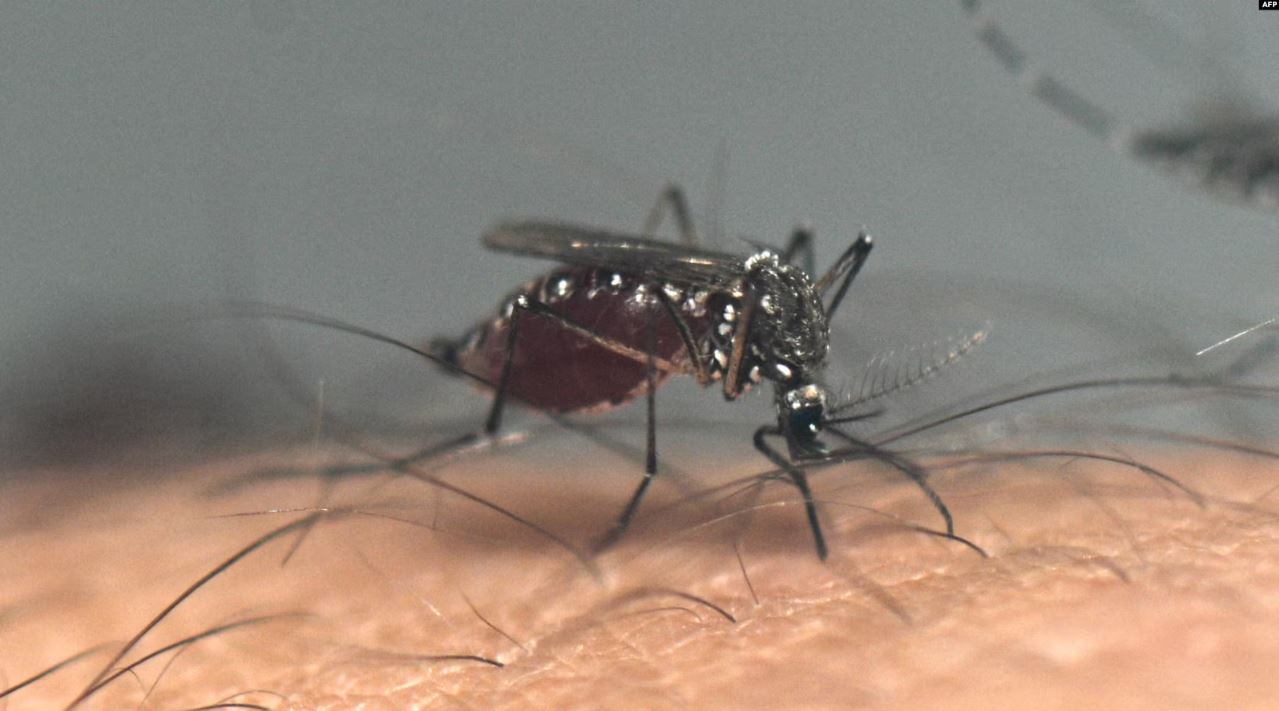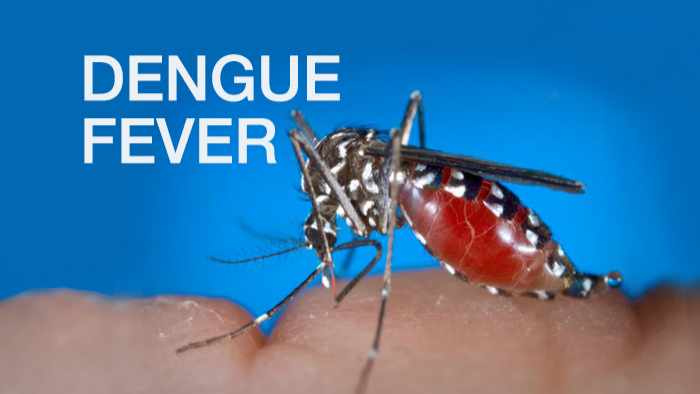Grenada has activated a piece of legislation last amended during the period of the People’s Revolutionary Government (PRG) as part of measures to deal with the imminent threat and mandatory measures to be taken whenever Covid-19 becomes a health risk on the island.
Prime Minister, Dr Keith Mitchell, made the announcement on Tuesday during a national address. Among other measures, he disclosed that his government has activated the Sanitary Authority as part of preparedness measures.
The Sanitary Authority is a mandate of the 1973 Public Health Act which was last amended in 1981. It says that the Sanitary Authority members shall exercise general superintendence and control over all sanitary matters in Grenada.
According to the legislation, the authority shall be chaired by the Chief Medical Officer and also comprise the Chief Technical Officer (Public Health); Port Health Officer; Medical Officer of Health; Port Manager; Public Health Officer of Carriacou; a representative of National Water and Sewerage Authority; Chamber of Commerce; Trade Union Congress; a representative to be appointed by the Minister responsible for agro-industries, and 4 other persons to be appointed by the Minister.
Prime Minister Mitchell announced in his address that Dr Francis Martin, Acting Chief Medical Officer will be the chair of the authority. Sanitary matters in the legislation include: Epidemic and Endemic Diseases; infectious disease; privy accommodation (out-house or toilet facilities); Malaria prevention; bakehouses and nuisances.
The legislation provides the authority with the power to make regulations to a power of areas including: for regulating the inspection of, and securing the cleanliness and disinfection of all barbers’ shops and apparatus used therein; and also for prescribing precaution against the spread of infection or communication of disease from, to, or amongst persons on such premises, whether occupiers, employers, employees, or customers.
The authority shall also have regulation for the inspection and securing the cleanliness of all bakehouses, for fixing the procedure as to the registering and certifying of bakehouses, and for the issue of certificates;
For regulating the establishment of, the conditions of admission to, and the use, conduct and management of slaughterhouses, and in particular for authorising and inspecting the same, and for securing the cleanliness thereof;
For regulating aerated water factories and ice factories, and in particular for registering and inspecting the same and for prescribing and regulating the water supply and the filtration of water, and for securing the cleanliness of such factories and the machinery and bottles used therein, and for prescribing precautions to be taken for protecting soda-water and other aerated drinks and ice against contamination;
For the registration of all persons carrying on the trade of dairymen; for prohibiting the washing of clothes in any stream or on the banks of any stream within such distance of any town or village as to the Sanitary Authority may seem fit and generally for the prevention of the pollution of streams;
Section 41 gives the Minister for Health the power to extend the definition of infectious disease, but the legislation defines “infectious disease” to mean smallpox, chicken-pox, alastrim, leprosy, poliomyelitis, yellow fever, cholera, diphtheria, membranous croup, the disease known as scarlatina or scarlet fever, and the fevers known by any of the following names: typhus, enteric group, typhoid and para-typhoid.
“The said regulation shall come into operation at such date, not earlier than three days after the first publication of the regulation in the Gazette, as may be fixed in such regulation, and upon such regulation coming into operation and during the continuance thereof, an infectious disease mentioned in such regulation shall be an infectious disease within the meaning of this Part” said the legislation.
Section 59 says that the authority shall have the power to make regulations for the prevention of diseases. “The Sanitary Authority may make regulations for the treatment of persons affected with any epidemic, endemic or infectious disease, and for the prevention of such diseases, and more particularly for the isolation and detention of persons suffering from such diseases; and for declaring any area adjoining an isolation hospital to be an area within which no article, whether solid or liquid, intended for the food of man shall be exposed for sale.
The legislation also provides for the compulsory treatment of persons with infectious disease and failure to comply can result in a fine. In general, persons who fail to comply with certain sections of the Public Health Act can face imprisonment or fines by the Sanitary Authority and or the Magistrate Court.




